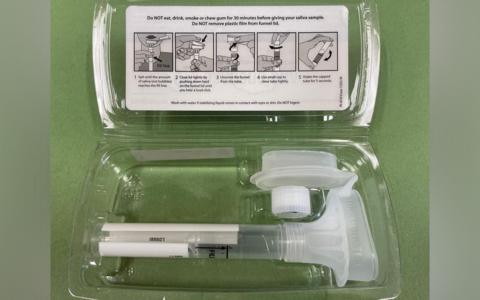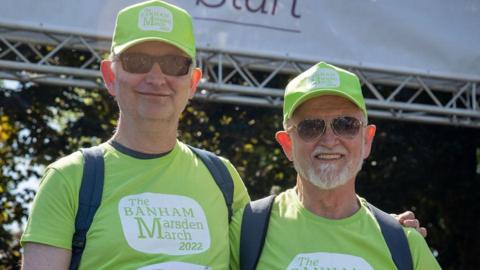However, the test is not ready to be rolled out.
Prof Dusko Ilic, from King's College London, said it was "promising" but improved cancer detection "only modestly" when used alongside current risk factors such as age, PSA levels and MRI scans.
And he said there was still "no direct evidence" of it improving survival or quality of life, which meant more studies were needed.
The research also focused people of European ancestry and work is still under way to adapt it for people from other backgrounds. Black men are thought to have double the risk of prostate cancer.
The research team also say there are questions around cost-effectiveness, potential harms and the best time to analyse the risk.
The saliva test will become part of the pivotal Transform trial which is trying to discover the best way of introducing prostate cancer screening in the UK.
Prof Michael Inouye, from the University of Cambridge, said he believes we will look back on this study "as a landmark" that made the case for using genetics to assess risk.
But he added: "This is a big step along the path to clinical implementation, but it is still a long road."
He said it will "likely be years" before the NHS used such a test.

